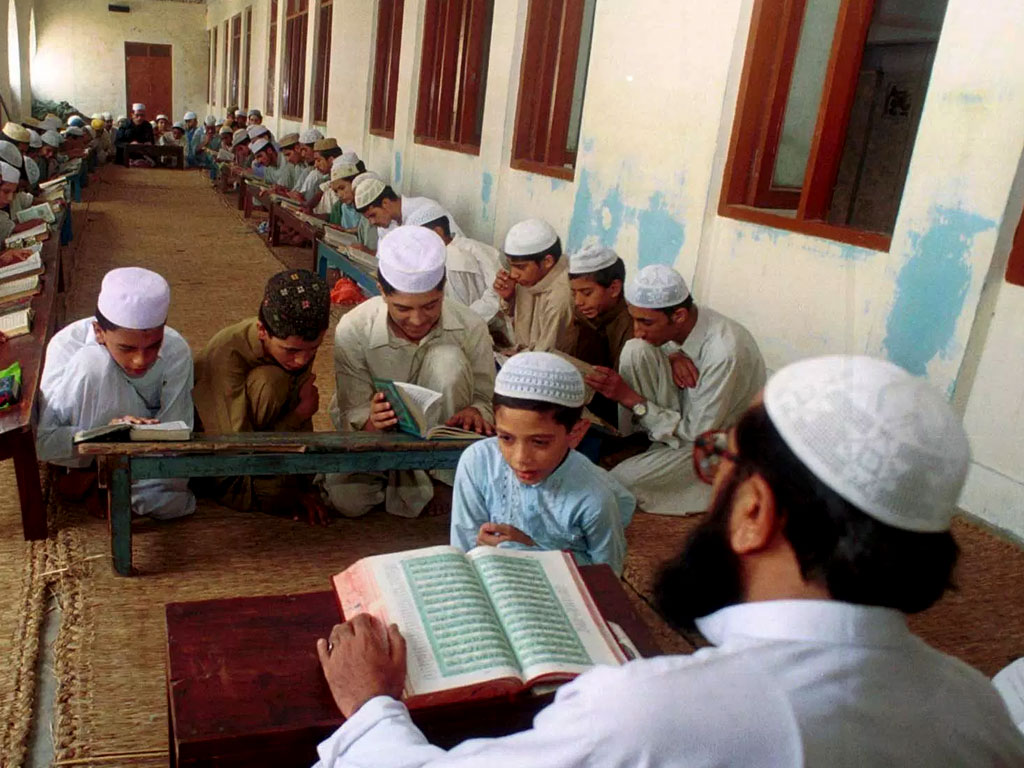Mainstreaming seminaries

According to media reports, a set of concrete proposals has been firmed up that would require teaching of compulsory contemporary subjects like English, Maths and Pakistan Studies in religious seminaries and seminary pupils will be required to appear in annual Federal Board of Intermediate and Secondary Education (FBISE) examinations to get matriculation and intermediate certificates. While religious subjects would be taught by the religious boards, the FBISE will hold exams for the compulsory subjects, and also issue a consolidated result for matriculation and intermediate. The FBISE certificates would help seminary students to join defence forces, enroll in medical colleges and universities to be become doctors and engineers. Presently, there are more than 30,000 seminaries that are affiliated with various religious boards, in addition to some run by Dr Tahirul Qadri and Pir Sahib of Bhera Sharif. Given low or no cost for education the religious seminaries are the poor's universities. And they were there where the government had no public schools. But for now their product has very limited market demand - because it is not educated in subjects that are needed to get them employed. There is every reason to believe that the kind of backing government's seminaries reform programme gets it would benefit no less than five million children.
This should have come about much earlier but did not because of diverse perspectives on control, funding and curriculum of religious schools. "We are not going to take over madaris, we will not interfere in their autonomy, our role will be just of a facilitator," federal education minister Shafqat Mahmood told the Ulema. The Army Chief General Qamar Javed Bajwa, in his seven-hour interlocution at the GHQ with a group of religious scholars who run seminaries also held out the assurance that the 'government's reform programme in no manner will compromise the independence of the madaris'. On the question of funding, the government insisted and the Ulema agreed that it should come through recognised channels. In the past, there were instances when foreign funds were laundered to incite religious extremism in Pakistan. And as for the curriculum, it would be uniform all over the country. However, with that done, the question as how to ensure and make quality education possible that is now a sine quo non to cope with emerging technological challenges and reasonable employment still needs a plausible answer. Also, what about a call by some for teaching students in their mother tongues instead of English? One more question: Can the federal education ministry provide sufficient teaching staff for non-religious subjects? And if the seminaries are expected to compete with public and private schools then what about the salary structure? Given the federal ministry's limited access to budget allocations in the wake of the 18th Constitutional Amendment and education being a provincial subject all that is required for mainstreaming of religious seminaries is certainly a tough challenge - but it is not an impossibility. We will cross the bridge when we come to it. In the meanwhile, all the seminaries are expected to get registered within next six months in the greater national interest.























Comments
Comments are closed.